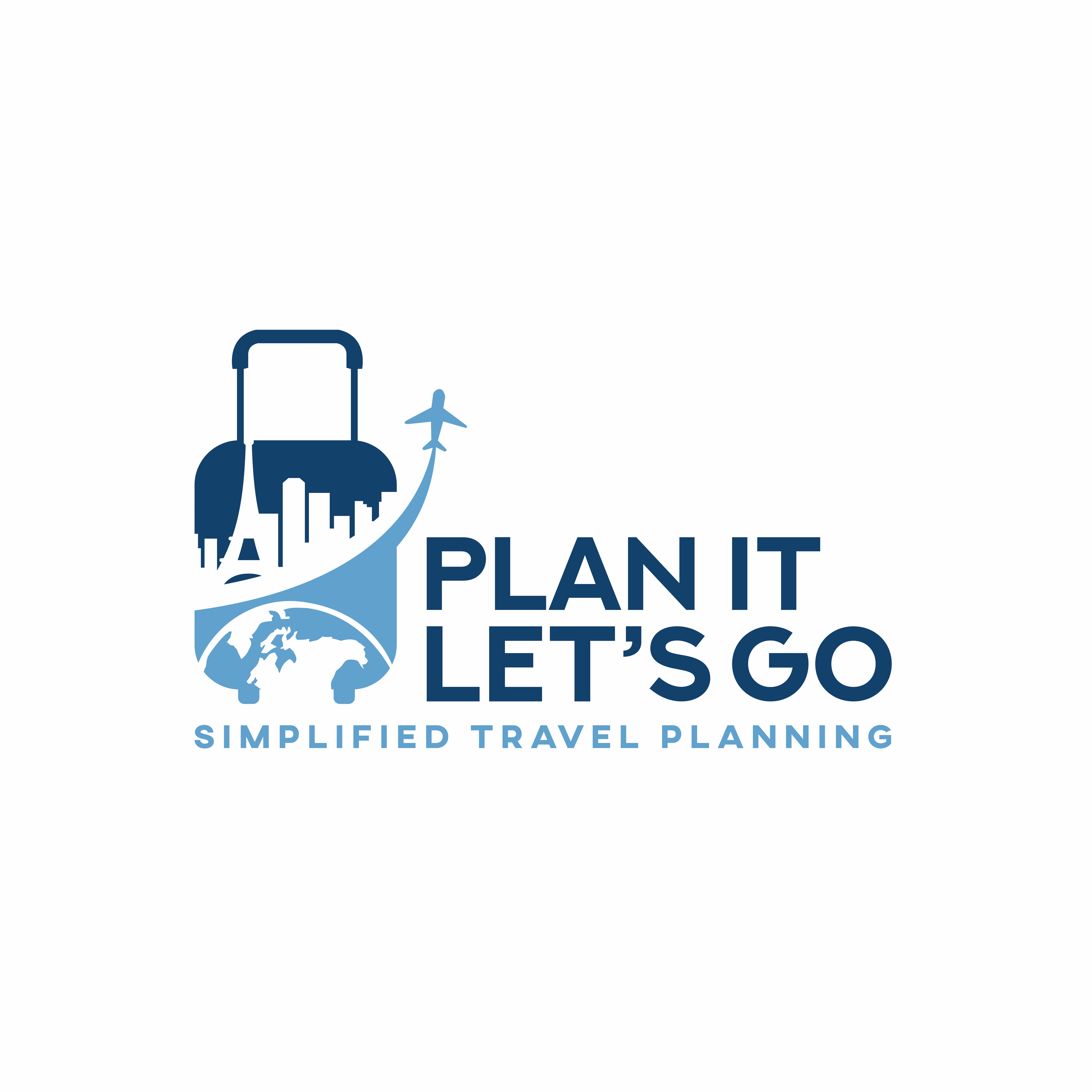WASHINGTON, D.C. — On the brink of a forecasted historic surge in visitors, the U.S. risks overwhelming its infrastructure and frustrating millions of travelers without urgent modernization of its air travel system, the U.S. Travel Association said here this week.
A report from U.S. Travel’s Commission on Seamless and Secure Travel urged immediate action to prepare the U.S. for a decade of global events, including the 2026 FIFA World Cup, the 2028 Olympic and Paralympic Games, the 2025 Ryder Cup and America’s 250th anniversary. According to the report, those events alone can bring 40 million international visitors to the U.S., driving $95 billion in economic activity.
Recommendations include establishing a White House task force to study what’s needed to accommodate the upcoming decade of events; expediting visa processing by increasing consular staffing; making a significant investment in airport screening technology and the use of biometrics to reduce airport wait times; fully staffing customs agents at airports; and implementing programs to end hours-long wait times for Americans returning from abroad.
“The commission’s recommendations are necessary transformations,” said Geoff Freeman, U.S. Travel CEO, during a meeting at the Capitol. “This is a once-in-a-generation chance for President Trump and Congress to modernize travel, enhance security and unlock what we estimate to be a $100 billion opportunity in just the next four years. Success will not come from small fixes or slow-moving reforms. It’s going to take bold action, and that bold action has to start now.”
The Commission on Seamless and Secure Travel outlined several recommendations that would modernize U.S. air traffic control and revamp airport security protocols, such as overhauling what it called outdated air traffic control technology and addressing a critical shortage of air traffic controllers.
It also called for creating the world’s most advanced and secure airport screening process with state-of-the-art technology that both strengthens security and reduces wait times. The commission recommends allowing travelers to carry filled water bottles and other larger bottles with liquids through security, and to allow them to leave all electronics in their bags.
“The status quo is not an option,” Freeman said. “Travel demand is surging, our infrastructure is aging and global competitors are moving fast — in most cases, much faster than the United States. If we fail to act, we risk turning travelers away, ceding economic opportunities and compromising our leadership in the world.”




![Spicy Ex-Flight Attendant Fired Her Nanny/OnlyFans Camerawoman For Cheating With Husband [Roundup] – View from the Wing](https://i0.wp.com/blog.planitletsgo.com/wp-content/uploads/2025/02/sierra-mist-transformed-g0F2HB.jpeg?resize=870%2C570&ssl=1)




